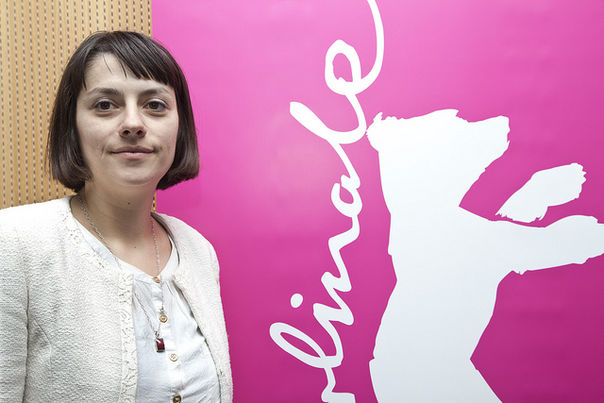TALENT PRESS 2013: Višnja Pentić
Film criticism in Croatia has an excellent tradition, providing an encouraging background for my activity. I try to put a spotlight on those films that expand our understanding of film language and offer an inspiring vision for perceiving the real.

Višnja Pentić
As a film critic I try to put a spotlight on those films that expand our understanding of film language and offer an inspiring vision for perceiving the real. Two aspects of cinema that interest me the most are its capability to search for new ways of approaching and representing the real, and to question the trodden paths of thinking about the world. In my criticism I strive to offer a two-fold essayistic reading consisting of an in-depth analysis of film’s visual language and its mechanics, followed by a close-reading of the meanings generated. What inspires me in particular is how reality on screen turns into fiction and becomes the means of creating new truths about the world.
Film criticism in Croatia has an excellent tradition, providing an encouraging background. There is a vibrant pool of young film critics writing today whose work shows enthusiasm, talent and learning—the most important ingredients to quality criticism no matter the socio-cultural circumstances. Croatia is also the country that has produced a world class two-volume film encyclopaedia and is as hungry as ever to enhance its film culture. There are dozens of international film festivals taking place every year, an emerging art house cinema network and a very strong amateur and short film production.
Mainstream Croatian cinema has found itself in the midst of an identity quest. Professional filmmakers working today are trying hard to strike the right chord in order to make their work recognizable in the global film market. Contemporary Croatian cinema can either build its name on distinctive auteurs with strong artistic signatures (as is the case with Austrian cinema comparable to Croatian in size) or on a distinctive domestic trend or movement (as the case with Romania which has similar historic and economic circumstance). Over the past twenty years Croatian cinema has been searching for those paths that can keep it linked to the past but bring it closer to the future as well. It has mainly done so by focusing on the present and capturing the zeitgeist of its society. The next step for our feature film industry is that of linking the great Croatian modernist tradition of sixties and early seventies with the trends in mainstream cinema of today. By cherishing its past and keeping a close eye on the present Croatian cinema is bound to find the future it hopes to have.

